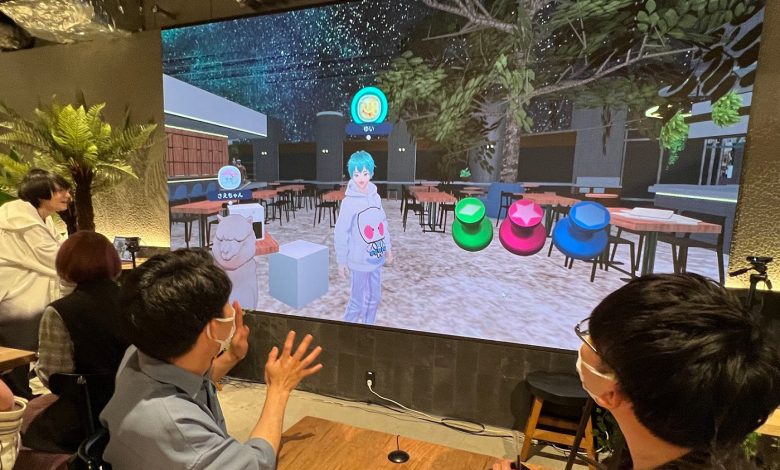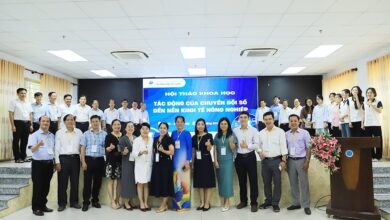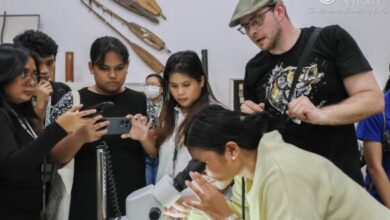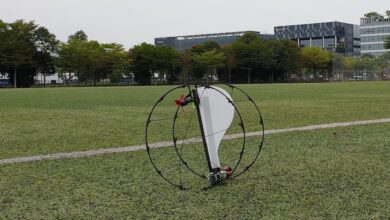Changing reality with virtual technologies

From attending a meeting to enjoying a live performance or, perhaps, taking a class at the University of Tokyo’s Metaverse School of Engineering, the application of virtual reality is expanding in our daily lives. Earlier this year, virtual reality technologies garnered attention as tech giants, including Meta and Apple, unveiled new VR/AR (virtual reality/augmented reality) headsets. We spoke with VR and AR specialist Takuji Narumi, an associate professor at the Graduate School of Information Science and Technology, to learn about his latest research and what VR’s future has to offer.
In the world of virtual reality, you can be anything you want in the form of a digital avatar, your alter ego. You can be taller, younger, a different gender or even a nonhuman creature. What’s more, such digital representations also alter your physical and cognitive abilities.
Take, for example, a muscular avatar. When a person dons a head-mounted display and enters the digital realm inhabiting the body of this avatar, their perceived weight of a dumbbell changes and feels lighter, whereas choosing a skinny avatar would make it feel much heavier. Associate Professor Takuji Narumi at the Graduate School of Information Science and Technology, who conducted the study, said this is due to a change in the way the person uses muscle unconsciously, which affects their perception of the weight. Another study of his also showed that people can even acquire nonhuman abilities. When people represent themselves as powerfully built dragon avatars, their spatial abilities are enhanced, enabling them to fly with more precision than when they use human avatars. Their fear of heights also diminishes, sweating less when standing in a high place. There is also a study conducted by researchers outside Japan that suggested improvement in people’s cognitive performance when employing an avatar of Albert Einstein, the renowned physicist.
“We are changing our behavior based on the way we perceive ourselves, unconsciously placing a limit on our abilities,” said Narumi, who is one of the leading virtual reality (VR) and augmented reality (AR) researchers in Japan. “But studies have suggested we can take off the shackles and bring out abilities by using virtual bodies that look different from us in the real world.”
Find out more : University of Tokyo




